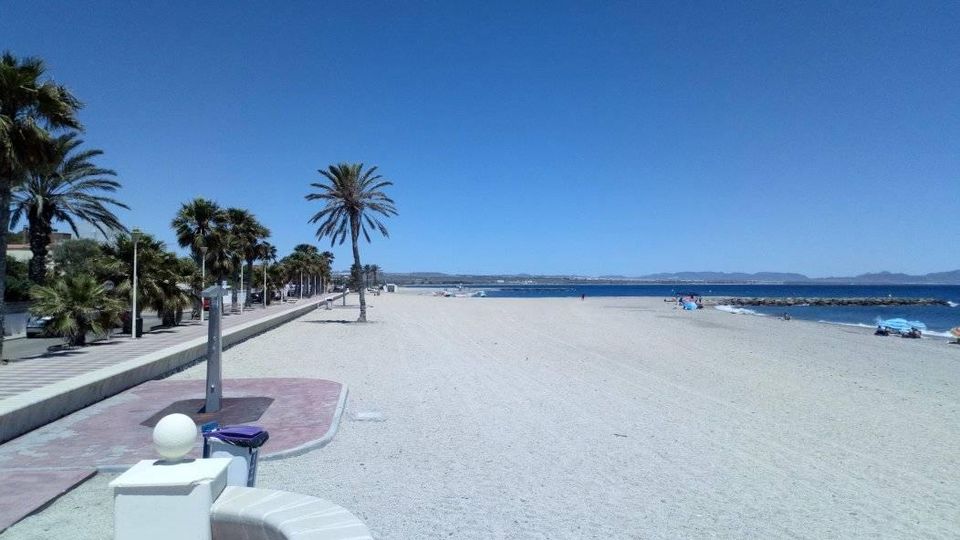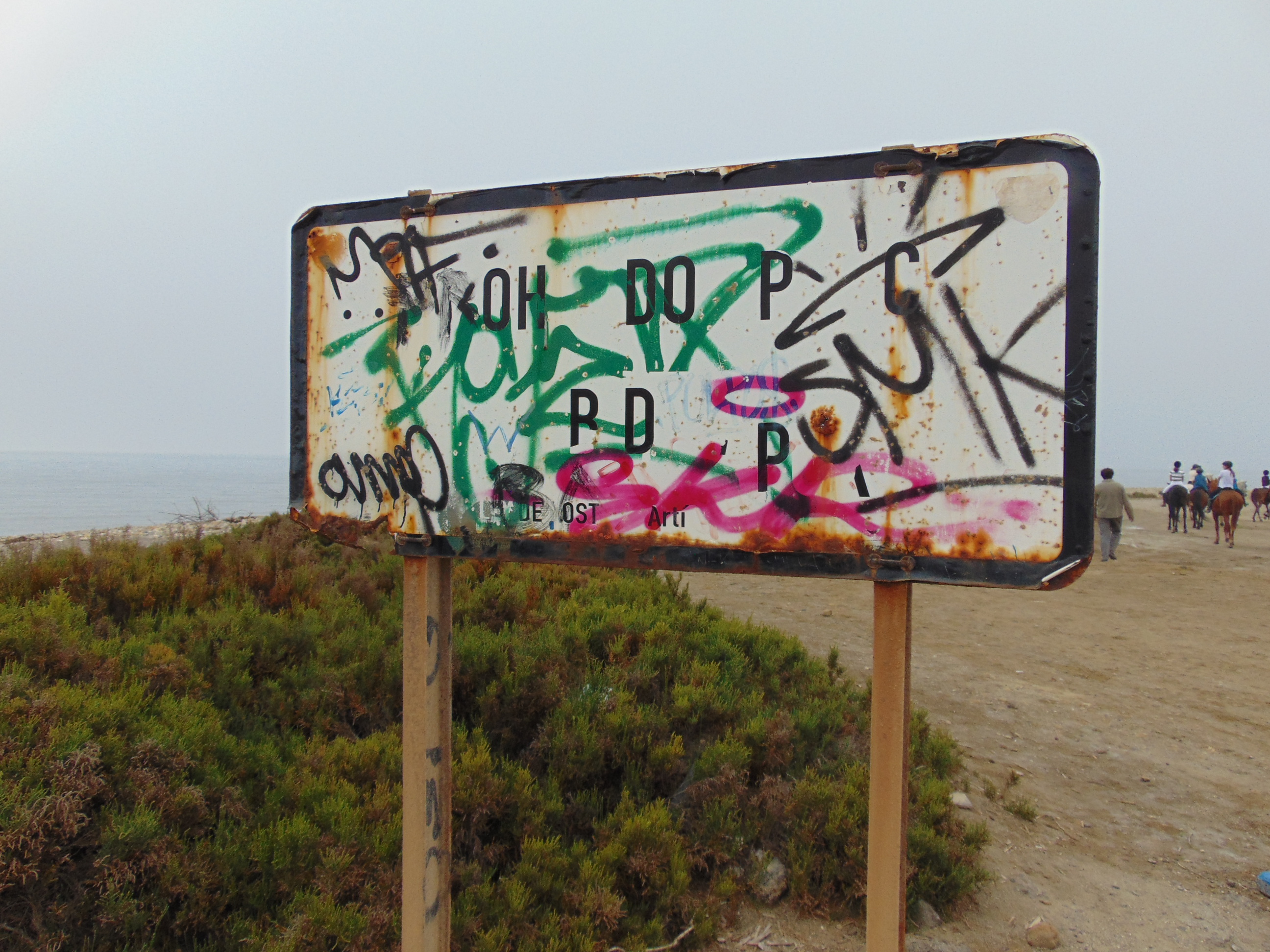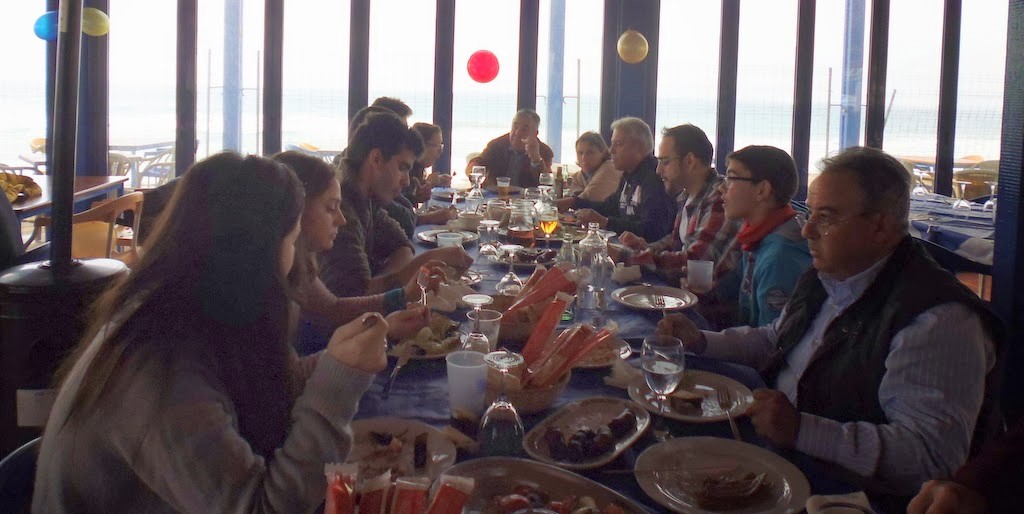I saw a billboard today while driving along the main road towards the playa on my way for a swim – it was the local ice-cube company advertising its product and it said: ‘Probably the best ice-cubes in the world’.
I’m pretty sure that a couple of examples from Señor Freezer are rattling around in my iced-tea right now, gently melting and turning my beverage into watery-iced-tea.
Which is doubly refreshing.
Come to think of it, I suppose all the drinks we enjoy are made pretty much from water. Which they are always telling us we must drink lots of. So, are all drinks, essentially, just water with flavouring?
Starting of course with water itself (flavoured with salts and
minerals), and finishing, by a circuitous route, with beer, which is
after all merely bubbly water with some boiled hops and barley along
with a judicious squirt of alcohol (don’t tell the Germans I wrote
that). Indeed, the sober answer is this: ‘According to The Brewer's Handbook,
most beer contains about 95% water, and the remaining 5% is alcohol.
Beer, in short, is mostly water but this is barely noticeable because of
the flavour of other ingredients’.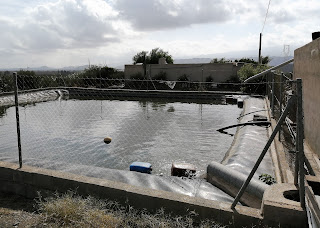
The taste though, whether in beer or in whisky, depends on the water, so a distilled H2O won’t give much taste to the finished product, whereas a nice ‘fresh mountain stream’ might be just the ticket.
Let’s see. Sweet sticky soda drinks are 90% water (we know what most of the rest is). Milk is about the same. Tomato ketchup is about 70%. Wine has 85% water and soda water is 90%, while sparkling water is 99% made up of our old friend agua, with a bubble or two added to help make us burp.
With all of the above, it’s clear that whatever one drinks (or sloshes on one’s chips), it’s all mainly down to water.
So, and sorry for asking, but why is beer cheaper than water in most bars? And with a free tapa thrown in for good measure!
Of all of these endless libations, only the stuff commercialised by the plastic water-bottle companies has a breakdown of the water and its minerals and salts printed on the label. No beer ever said ‘this brew has calcium, magnesium and sulphates’.
So, what is water?
Well, lessee, it takes two haitches and one oh, or two molecules of hydrogen and one of oxygen. A simple formula we all learned in school.
But with all of the free hydrogen and endless amount of oxygen in gas filling up the space around us – why doesn’t it all club together and turn into water? It’s no doubt just as well that it doesn’t, otherwise I’d be writing this piece while wearing some manly-looking water-wings.
The reason, apparently, is that most of the hydrogen around is already in the water anyway. The other reason is metastability (here if you insist), but I’m sorry I asked now.
Another puzzler about water – if it’s made up of inflammable oxygen and explosive hydrogen – why doesn’t it detonate every now and then?
It would certainly keep us on our toes if it did.
Mind you, you can always nuke it for an interesting reaction. Of course, rather than playing with steam-engines, I boil mine for a nice cup of tea twice a day. Boiling your water is a good idea as it kills anything that shouldn’t be there anyway.
Which I suspect is how we did so well in India.
Returning to the plastic-water-bottling industry (Motto: We do Our Bit for Pollution), an estimated 6,500 million emptied litre water-bottles will be obligingly cast into dustbins or chucked out of car windows or left on the beach or in the countryside this year in Spain (up 3% from last year, says the pwbi proudly). I don’t know how much of that is recycled, the plastic I mean (don’t worry about the water, it will return all by itself).
The good thing about beer (and the reason I drink it) is that it comes in either cans or in bottles made of glass, never plastic. Or better still, on draught.
Although I suppose it’s a pity that they can’t make beer-bottles out of cardboard.
The ice has now dissolved in my drink, adding its own secret chemical make-up to my beverage. I think I’ll chuck the dregs and go and get a brewski from the fridge.








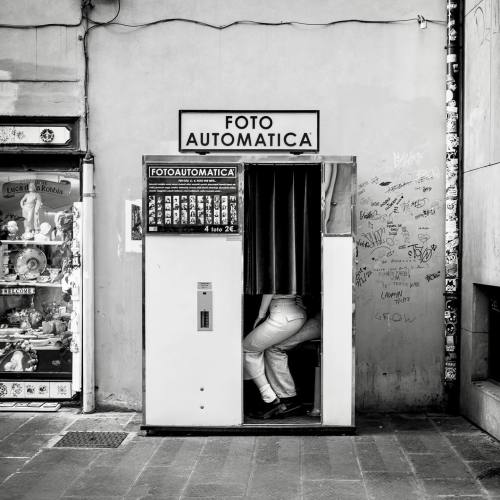
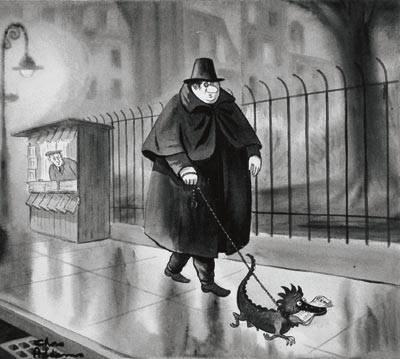 per
sales, one can lower the cover-price (as some British red-tops do) or
give away gifts or discounts of some sort to readers, or run an
‘advertorial’ (a paid-for item disguised as news) or take a small
commission on
per
sales, one can lower the cover-price (as some British red-tops do) or
give away gifts or discounts of some sort to readers, or run an
‘advertorial’ (a paid-for item disguised as news) or take a small
commission on 





